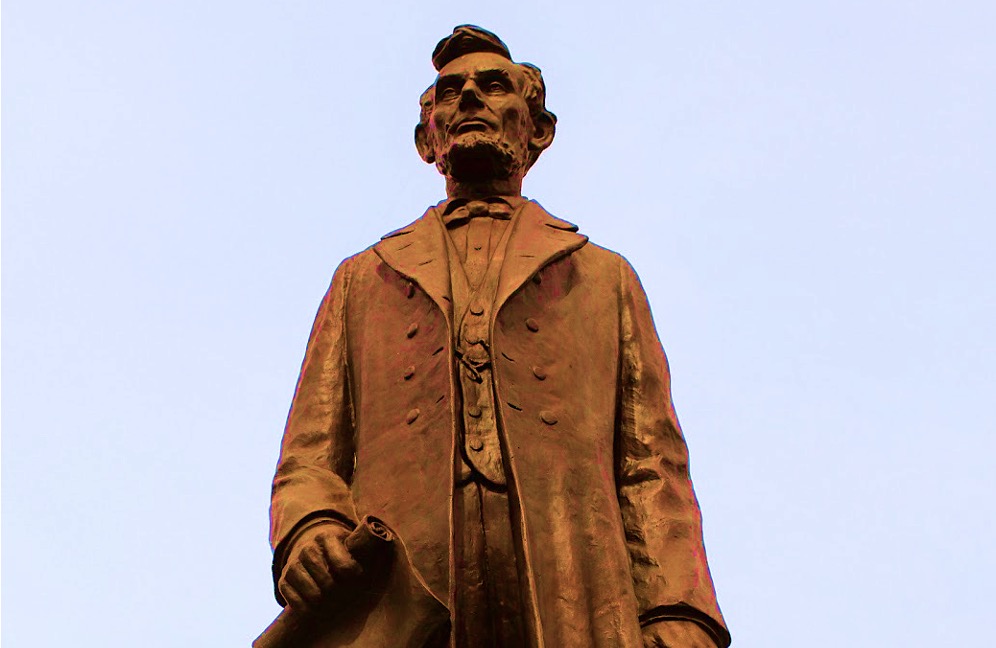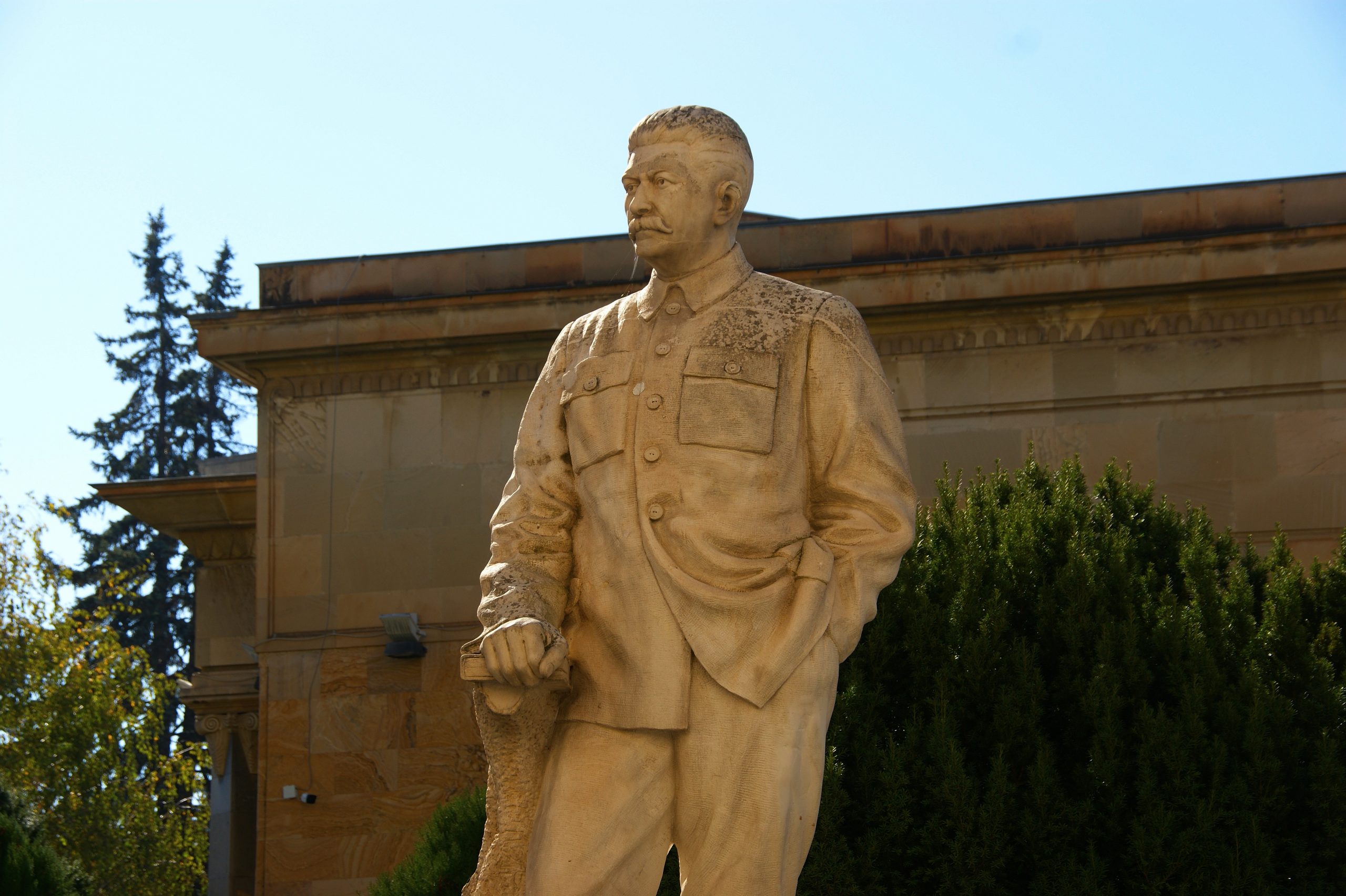Republicans need a new mission.
Pour Money on It

A core socialist program is the latest attack on financial stability and the American work ethic.
From $850 billion in stimulus payments, to state and city payments for universal basic income (UBI) programs, or reparations to black or LGBT residents, the free-money giveaway is on a roll. Combined with the Biden Administration’s proposal to increase federal tax rates on very high income earners to 57.4 percent, progressive dreams of socialism are moving closer to realization.
UBI is an income supplement that has no work requirement. Though many UBI proposals and programs cut benefits off above certain incomes, others do not. UBI is the antithesis of the Personal Responsibility and Work Opportunity Reconciliation Act drafted by John Kasich and signed into law by Bill Clinton in 1996. That law required recipients to begin working after two years of receiving benefits, placed a lifetime limit of five years on benefits paid by federal funds, sought to encourage two-parent families and discourage out-of-wedlock births, and required state professional and occupational licenses to be withheld from undocumented immigrants.
Delete every requirement of the Clinton welfare reforms, leave the payments, and what remains is UBI.
Los Angeles County last week joined at least 50 other jurisdictions that offer some form of UBI with a pilot program to distribute $1,000 each month to 1,000 residents for three years. The first checks are expected shortly. With a population exceeding 10,000,000, Los Angeles County has the most people of any U.S. county. Cities within Los Angeles County include, among others, Los Angeles, Santa Monica, Pasadena, West Hollywood and Beverly Hills. The county’s population exceeds that of 40 states, emphasizing the significance of its action.
Called “Breathe: LA County’s Guaranteed Income Program,” the program’s website describes its naively utopian premise. “Early research,” we are told, “suggests that a Guaranteed Income program can provide households with financial stability during sharp economic swings to breathe a little easier, alleviate stress, and broaden recipients’ horizons, allowing them the time to complete deferred education and job training, as well as plans to fully participate in their communities. Importantly, these programs come without the scrutiny and work requirements of certain public benefits.”
Applicants must be at least 18, live in a neighborhood that does not exceed the County’s median household income, have a household income that generally falls within 120 percent of the County’s median household income, and show a negative financial impact from Covid. For a single person, the maximum income is $56,000, and for a family of three, $86,400. Participants were randomly selected from the eligible applicants.
During the pilot, researchers from the University of Pennsylvania will compare information gathered on participants to a control group of 1,200 eligible applicants who did not win the drawing.
The FAQ section of the Breathe website provides a useful insight into the county’s reasoning. For example, addressing the question “Why should we provide people with guaranteed income?” the county explains that “early research”—note that the Breathe program cites only preliminary, presumably incomplete research—”suggests that cash may be the simplest yet most powerful way to do the most good for the most people. . . .[I]t moves quickly. Even with U.S. Treasury problems, 80 million American households have already received a check the government just mandated several months ago.”
America’s experience with 50 years of welfare does not support the notion that the “most powerful way to do the most good” is to just give people money. Rather, it supports the contrary conclusion. The War on Poverty has been going on for close to 60 years, yet the spending continues and 13.4 percent of Americans live below the poverty line.
As to “Why not just guarantee jobs or housing?” the county responds that UBI is just a start: “Cash is effective and immediate, but it is not a silver bullet. A cash infusion can address immediate needs and provide the level of consistency required to keep a household from going into a greater financial crisis. Larger systemic changes must be addressed to ensure affordable housing, healthcare, and jobs are available. We need meaningful, systemic change to our economy – and cash is just one part of that.”
The idea that distributing money without strings really got moving during Covid and the last presidential election. During 2020 and 2021, there were three rounds of Covid payments. For those who qualified, the Trump administration first authorized $1,200 per adult, plus $500 per child, and then an additional $600 per adult plus $600 per child. Not to be outdone by a Republican, the Biden administration handed out $1,400 per qualifying adult plus $1,400 per eligible child. In total, the federal government distributed more than $850 billion, divided fairly evenly between the two administrations. That comes to about $2,600 for every American.
The stimulus checks were just a portion of $5 trillion in pandemic stimulus money. The New York Times estimated that individuals directly received $1.8 trillion, including stimulus checks and nearly $700 billion of increased or extended unemployment benefits. Businesses, states, localities, and health care providers received most of the balance.
The most high-profile call for UBI came from Democratic presidential candidate Andrew Yang’s plan to provide each American adult $1,000 per month. He expected to fund his proposal with a 10 percent federal value-added tax (VAT) that would increase the price of goods and services. To be fair, Yang’s proposal would require individuals already receiving government support payments to choose between their existing plans and the $1,000 per month benefit, and included other refinements that might lessen its burden.
In its analysis of the Yang plan, the Tax Foundation concluded “While it is possible that the UBI could produce a short-term increase in economic activity, it is very unlikely that it would be able to produce significant growth on a persistent basis. It is more likely that his overall plan would reduce the long-run size of the economy and the tax base.”
In March, the U.S. Sun published two lists totaling about 50 UBI programs in the United States that provide payments ranging from $300 to $1,200 per month. Apparently, these programs do not require recipients to seek or secure employment. Most of the programs offer benefits based principally on income levels, though some are more targeted. For example, Birmingham’s benefit of $275 per month is available only to single mothers.
More troubling, Georgia reserved $850 per month exclusively for about 650 black women; Jackson, Mississippi is paying $1,000 per month to black mothers; and Pittsburgh has reserved half of its $500 per month UBI program for black women. In February, West Hollywood began paying $1,000 per month to 25 randomly selected residents who make $41,400 or less and who identify as LGBTQIA. In March, Palm Springs, California granted $200,000 to two non-profit groups to design a pilot program to pay up to $900 per month to transgender and nonbinary residents, though the city council declined to fully fund $900,000 requested for the program. While some of these targeted programs are funded by non-profits, all appear to include government participation. It is unlikely they comply with the Fourteenth Amendment and federal civil rights statutes that forbid race-based decisions by government.
Last year, Evanston, Illinois became the first U.S. city to adopt a “reparations” plan, which would provide up to $25,000 to each black household. In March, Oakland, California, allocated $350,000 to fund development of its reparations plan. Though reparations and UBI come from different philosophies, the proponents and remedies, such as UBI payments limited to blacks, overlap.
Given the U.S. population, a UBI of just $1,000 per month would cost close to $4 trillion annually, just about equal to total federal revenue in 2021. Because a majority of tax revenues in the United States are paid to the federal government, the ratios only get worse for state and local UBI programs.
With or without a racial, gender, or gender identity overlay, UBI is a bad idea. We need look no further than the explanations provided by proponents to understand this. Rather than funding education or job development that can produce sustained improvements in an individual’s potential to succeed, raise a family, and contribute productively to society, as Los Angeles admitted, UBI is about alleviating “stress” and broadening recipients’ horizons.
Some advocates of UBI fret that robots will replace workers and argue that the answer is to give the displaced workers money. Even if they are correct about the problem, the solution is not to throw money away to fund pre-layoff dreaming. The solution is to target our response so that displaced workers can redeploy.
Delinking income from work misaligns incentives and rewards. It dissuades people from taking jobs, creates worker shortages, and puts wages and prices under pressure. Looking at society as a whole, unless the payments received from UBI exceed the income foregone, particularly in the long run as people build experience and receive longevity and merit increases, UBI also contributes to poverty. By contributing to a “something for nothing” mentality and creating a class of people with nothing to do, and just barely enough money to do it with, it also will lead inevitably to crime.
There is nothing wrong with dreaming. There is everything wrong with taxing hard working Americans and capital to pay others to do so. People and society need the skills, tenacity, and incentives to secure good paying jobs to build a future. Those who do, deserve to keep what they earn, rather than subsidize dreamers. If Americans cannot agree on that simple premise then the socialists have won.
The American Mind presents a range of perspectives. Views are writers’ own and do not necessarily represent those of The Claremont Institute.
The American Mind is a publication of the Claremont Institute, a non-profit 501(c)(3) organization, dedicated to restoring the principles of the American Founding to their rightful, preeminent authority in our national life. Interested in supporting our work? Gifts to the Claremont Institute are tax-deductible.
Plato shows us who the real tyrants are.
American communism never disappeared. It lingers in disguise.



